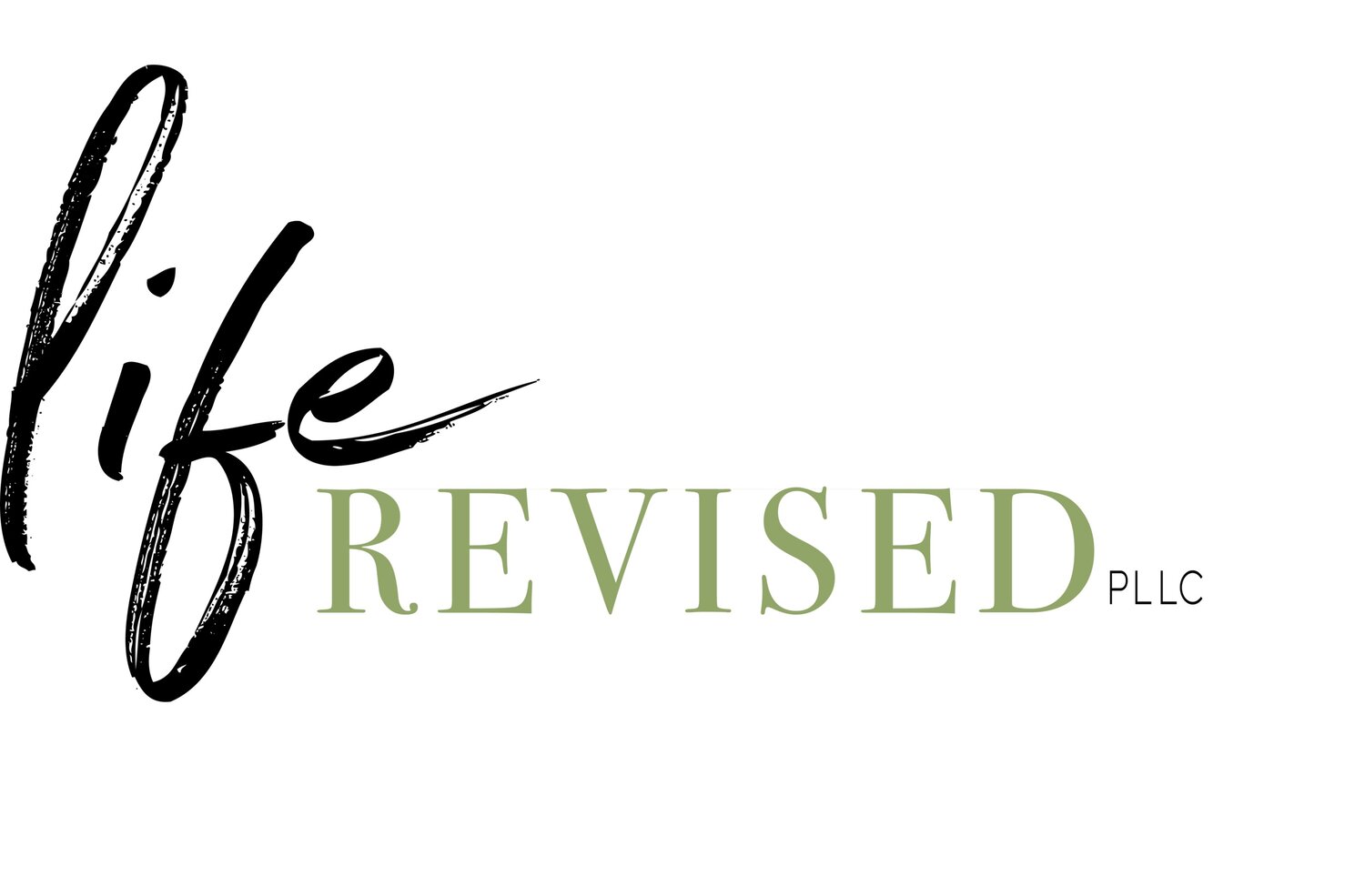Easy Communication Trick to Help You Get Your Needs Met
Are you frustrated about something happening in one of your relationships? It doesn’t have to be a romantic relationship either. Relationships have an amazing way of presenting us with all types of challenges. Good communication is the key to navigating those challenges in constructive, rather than destructive, ways. When addressing a challenge within a relationship, it is important that the communication is assertive and not aggressive or passive. Communicate your wants and needs assertively, making it more likely you will get them met. That means the communication should be direct and respectful with your wants and needs clearly stated. An “I message” is an easy-to-use script that can help you communicate assertively making it more likely you will get your needs met from the relationship.
The script for an “I message” goes like this.
“I feel _____ when you _______ I wish you would ______. If you did this then ________”
EX. “I feel frustrated when you don’t take the trash out when it is full. I wish you would take it out and replace the bag when you see it is full. If you did this then the house wouldn’t smell bad.”
Now let’s break it down, so you understand why it goes like that and how to use it properly.
“I feel (insert the emotion you feel here)…”
When using an “I message” we start with “I.” This is often different from how people usually have difficult conversations. People usually start those conversations with “You.”
“You always do this.” You never do that.”
Anytime you start a conversation with “You,” you are likely to put the other person in defense mode. At that point, they usually have flipped their lid and the amygdala has hijacked their brain and thrown the person into the fight, flight, or freeze mode. They are not listening to you, but thinking of a good defense. This makes a constructive conversation near impossible.
Starting the conversation with “I feel____” is less likely to throw the other person into defense mode and instead is more like to encourage empathy and listening from your conversation partner. Plus, it helps you clearly communicate what you are feeling.
“…when you (insert what they do that bothers you here)'.‘
Here you state what is bothering you. Be specific. Saying “when you are irresponsible” is not specific enough. It is unclear what you are upset about and leaves it up to the interpretation of your conversation partner. Instead, state the specific behavior that is irresponsible. For example, “when you don’t check our account and overdraw our bank account.”
This also prevents you from going off on a long tangent and starting to sound like Charlie Brown’s teacher to your conversation partner. Keeping it short and sweet helps you stay on topic which will help you resolve it rather than bringing up 20 things that need to addressed at once.
“I wish you would (insert what specifically you would like for them to do here)”
This part forces you to explain what you would like the other person to do instead. This helps us shift the conversation from merely venting towards working on a solution. Say what you would like that person to do instead of the behavior that is bothering you. Again it is very important that you are specific. Don’t leave it up to the other person’s imagination or force them to guess what you want. Instead of saying, “I wish you would respect me.” Say, “I wish you would have a conversation with me before making a decision that costs us more than $500.” Being this specific eliminates errors like your partner thinking they are meeting your need, but being wrong.
“If you did this then (Insert what good would come out of this if they did what you asked)”
This part is the buy-in for your conversation partner. How would this change be beneficial? What would change for the better if they complied? If they can understand what the benefits are, they are more motivated to meet the need because they understand it better. For example, “if you talked to me before spending that money we could budget for that expense and not overdraw the account.”
There you have it. A super simple script that can help you speak assertively to others. I once heard Kelly Rippa talk about her kids using this method. She called it “A bug and a wish.” If kids can use it, so can you! Now, just because you have a super easy script to use does not mean that all of your other good communication practices go out the window. It is still important to have the conversation at a good time, without interruptions, when both parties are calm, with good body language, tone of voice and respect. You have the tools, now make sure you have the conversation!
What communication tips do you have for a healthy and constructive conversation? Share with us in the comments!

